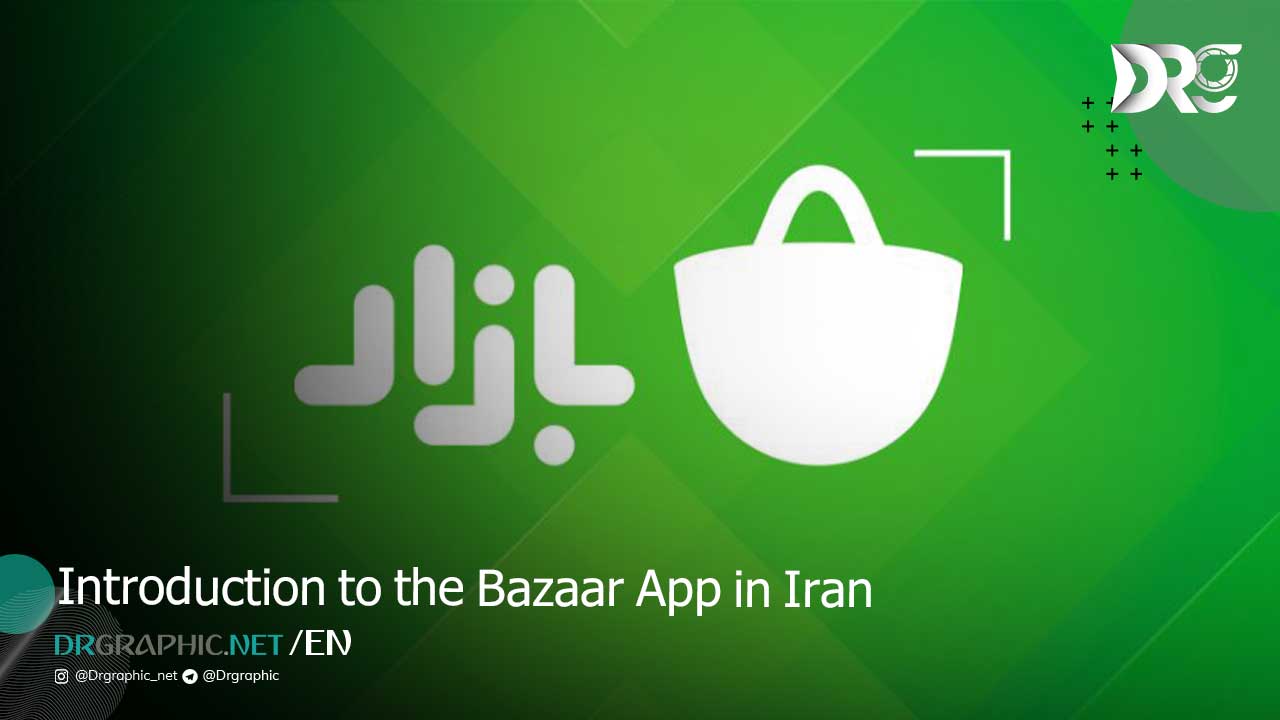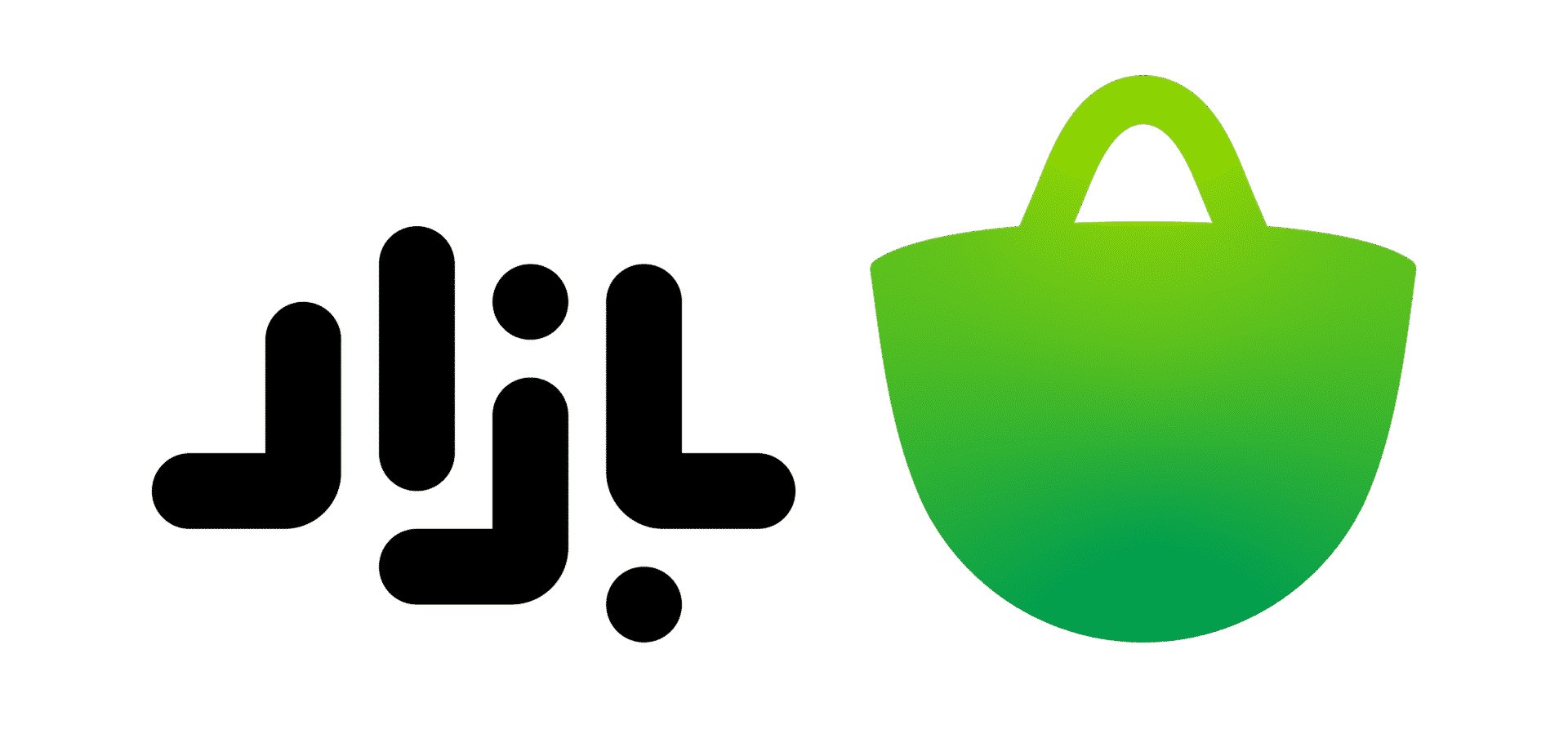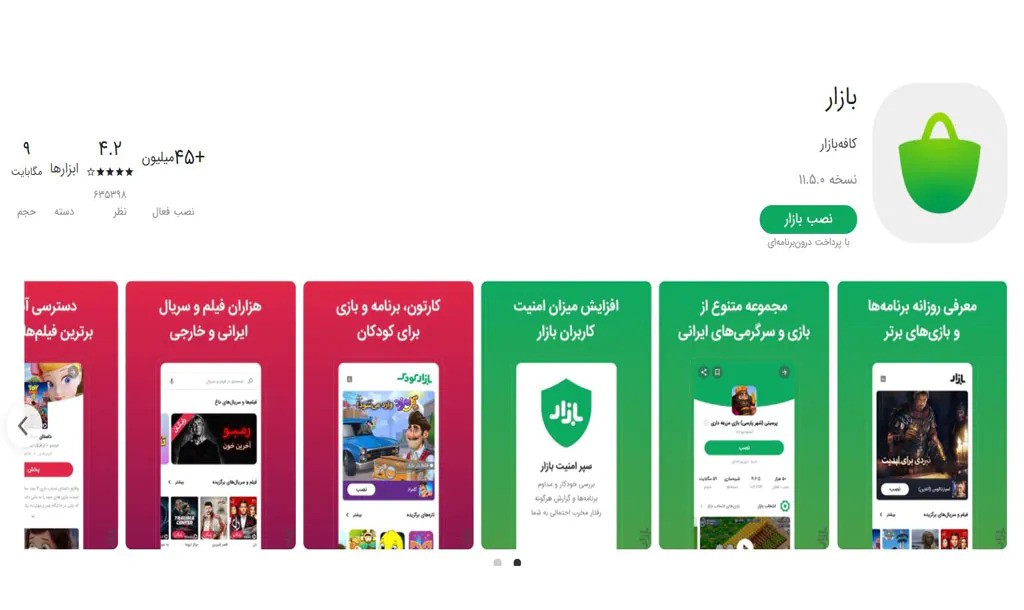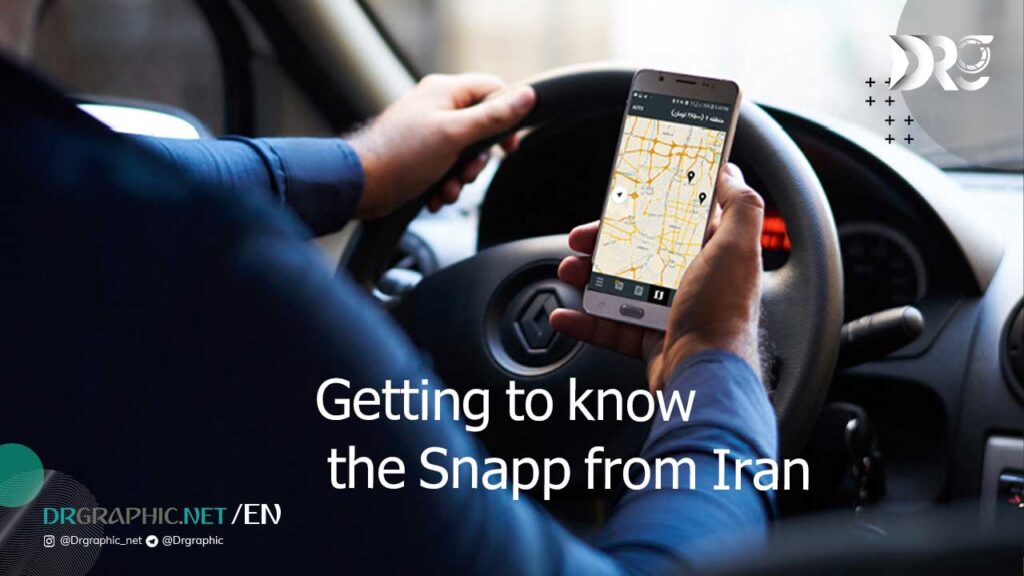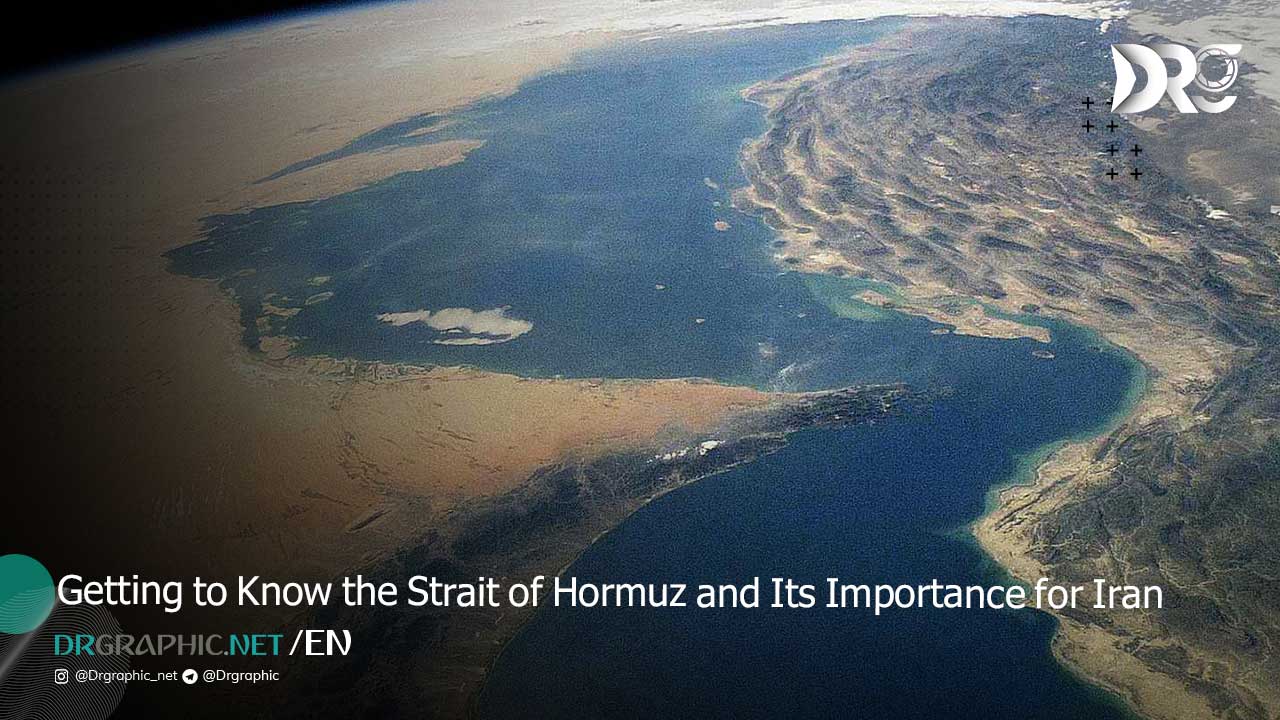Introduction to the Bazaar App in Iran: A Local Android Marketplace
Bazaar is Iran’s leading Android app store, developed to address the unique challenges Iranian users face due to international sanctions and restricted access to global platforms like Google Play. Launched in February 2011, Bazaar has become a cornerstone of Iran’s digital ecosystem, offering a vast array of applications and games tailored to local needs.
Unlike global app stores, Bazaar is optimized specifically for Iranian users, integrating local payment systems, supporting Persian language apps, and promoting domestic developers. It fills a critical gap created by political and technological isolation, becoming not just an app store, but a tech enabler for the Iranian population. Stay with Dr.Graphic.
Founding and Vision
Bazaar was co-founded by Iranian entrepreneurs Hesam Armandehi and Reza Mohammadi, along with a team of students from Sharif University of Technology. The team envisioned a platform that could provide access to software for Android users despite global sanctions and restrictions.
Hesam Armandehi, born in 1985 in Tehran, holds a Bachelor’s degree in Computer Engineering from Sharif University and a Master’s in Entrepreneurship and Business Design from Chalmers University of Technology in Sweden. His broader vision also led to the development of other successful Iranian platforms like Divar (a classified ads app) and Balad (a local mapping service).
From the beginning, the mission was not just to distribute apps, but to cultivate a thriving digital economy in Iran, empowering both developers and consumers.
Features and Services
Bazaar offers a robust set of features that distinguish it from other marketplaces:
- Localized Content: All content is curated with Iranian users in mind, including apps in Persian, local games, educational content, and culturally relevant material.
- Payment Integration: Supports Iranian banking systems and local payment gateways, allowing easy in-app purchases, subscriptions, and donations.
- Security and Monitoring: All apps undergo a vetting process to minimize malware, unauthorized access, or data privacy violations.
- Developer Dashboard: Offers a comprehensive back-end for developers to manage app submissions, track performance analytics, and monetize through ads or purchases.
- Video Previews & User Reviews: Similar to Google Play, Bazaar supports app videos, screenshots, and user feedback to guide download decisions.
Market Presence and Growth
Bazaar has grown rapidly over the past decade. It currently hosts hundreds of thousands of apps and serves more than 70 million registered users, according to its official site. The app store experiences millions of daily downloads, ranging from entertainment and education to business tools.
Its importance grew especially after Google Play Services became partially or fully inaccessible in Iran due to sanctions. Bazaar quickly filled this void, providing access to popular apps and acting as a local bridge to international-style mobile services.
Impact on Iran’s Tech Ecosystem
Bazaar has played a key role in Iran’s growing tech scene:
- Startup Acceleration: Many Iranian startups use Bazaar as their primary distribution platform. This includes apps for food delivery, taxi services, fintech, and e-learning.
- Job Creation: The platform has indirectly supported the creation of thousands of tech-related jobs — from app developers and UI/UX designers to content managers and digital marketers.
- Digital Inclusion: By offering apps in Persian and tailored for Iranian infrastructure, Bazaar has made mobile technology accessible to millions of non-English-speaking users, including those in rural or underserved areas.
Challenges and Workarounds
Bazaar has operated in a highly restrictive environment. U.S. and European sanctions have made it nearly impossible to integrate with services like Google APIs, international payment systems, and even some advertising networks.
To address these issues, Bazaar has developed or partnered with local alternatives for services like:
- Map APIs (e.g., Balad instead of Google Maps)
- Ad Networks (local ad platforms instead of Google AdMob)
- Payment Systems (Iranian gateways instead of PayPal or Stripe)
These creative solutions highlight the resilience of Iran’s tech community in building an independent ecosystem under pressure.
International Relevance
While Bazaar is region-specific, it provides a fascinating case study for international observers. It shows how innovation can thrive even under isolation — and how demand for localized digital services can fuel the creation of homegrown alternatives to global platforms.
Bazaar’s success may inspire developers and entrepreneurs in other sanctioned or underserved regions to pursue similar solutions, fostering more equitable access to digital tools.
Read more:
Conclusion
Bazaar is more than just an app store — it is a digital infrastructure built from the ground up to serve a unique and challenging market. By understanding the needs of Iranian users and creating a platform that bridges the local and global divide, Bazaar has become a symbol of innovation, adaptability, and tech resilience in the face of adversity.
Resources: Wikipedia _ Linkdin _ Bazaar
How useful was this post?
Click on a star to rate it!
Average rating 4.5 / 5. Vote count: 2
No votes so far! Be the first to rate this post.

